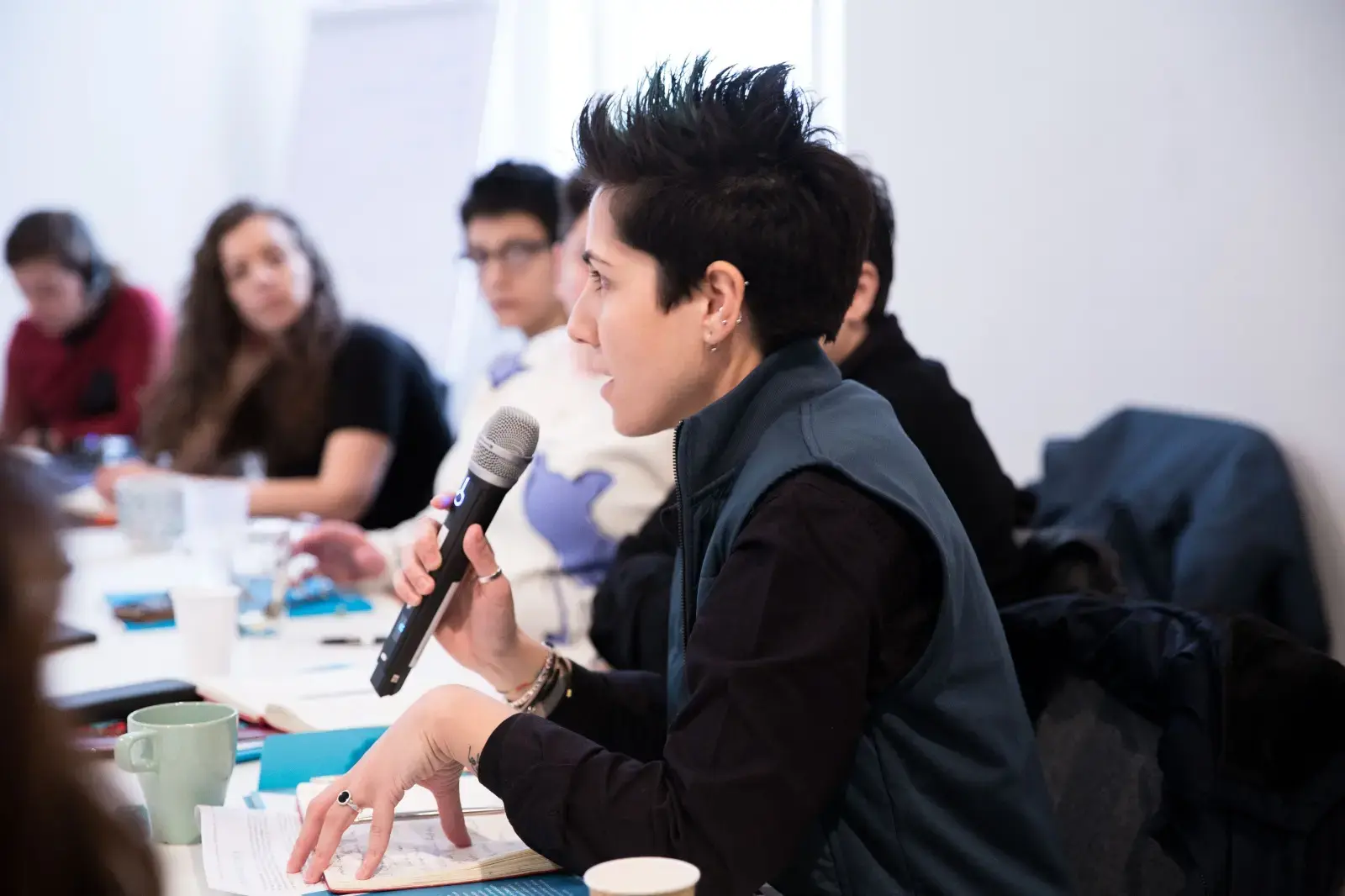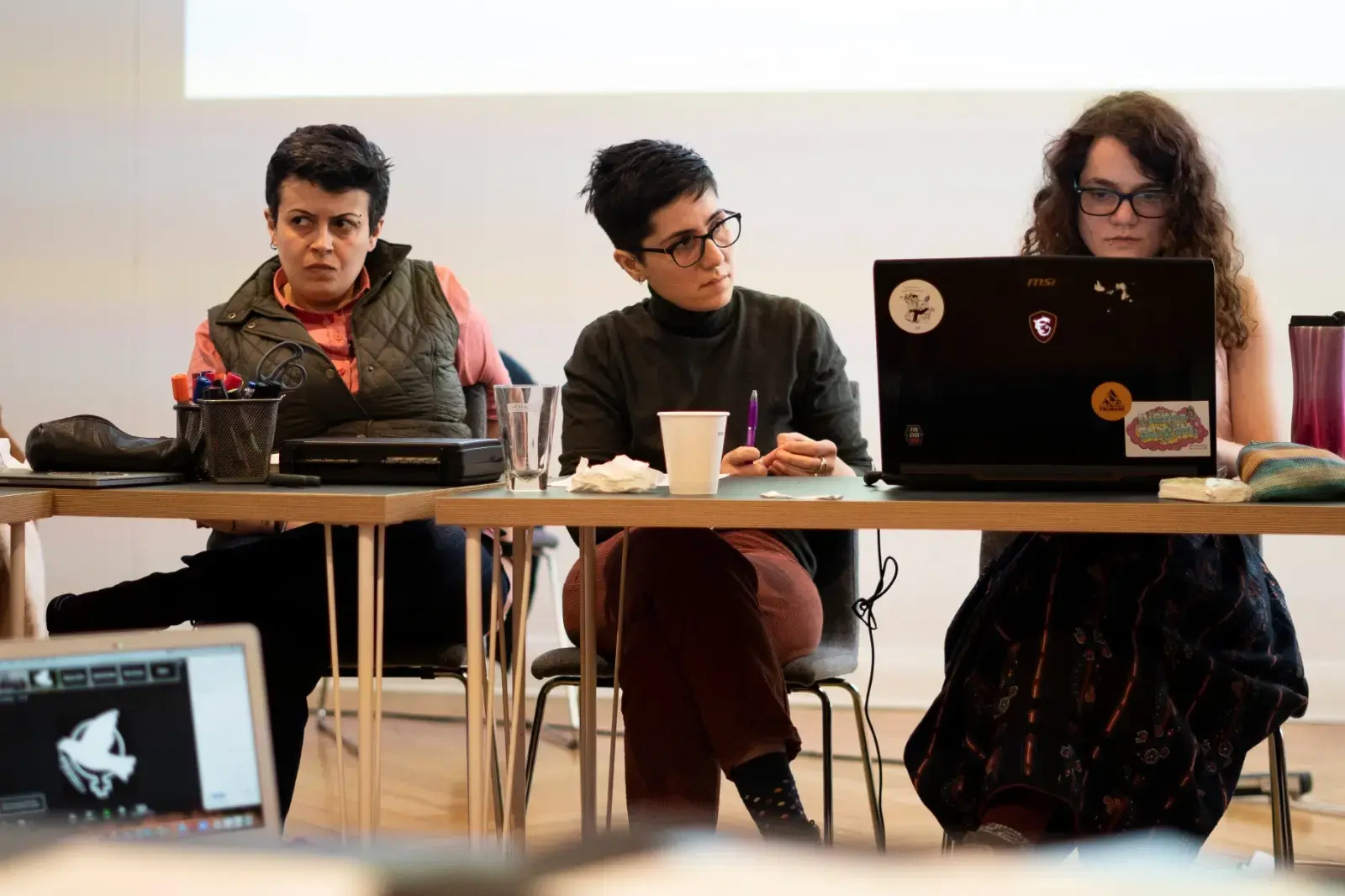Conceptualising Sexualities in the MENA Region: Undoing LGBTQI Categories
Implications for Rights-Based Advocacy Approaches
This report challenges the application of rigid LGBTQI identity frameworks in humanitarian, advocacy, and development contexts across the MENA region. Based on two years of qualitative and quantitative research—including 1,800 surveys, interviews, and focus groups—CTDC calls for a shift from identity-based approaches to a more context-sensitive framework focused on Sexual Practices and Gender Performance (SPGP).
🔍 Key Findings
- LGBTQI categories often reinforce Western-centric narratives and fail to reflect the complex realities of gender and sexuality in MENA contexts.
- Discrimination is more often rooted in visible gender nonconformity or sexual practice than in self-identified sexual orientation or gender identity.
- Masculinity is socially privileged, while femininity—especially when performed by men—is demonised. Women face layered forms of oppression tied to sexual control and family honour.
- Many individuals who experience violence or persecution do not identify as LGBTQI and are excluded from protection mechanisms that rely on rigid identity criteria.
- Visibility is a double-edged sword: while often considered a sign of progress, it can increase the risk of targeted violence, especially where legal and social protections are absent.
🛑 Problems with Current Protection and Advocacy Frameworks
- Asylum and refugee mechanisms demand conformity to recognisable LGBTQI identities, sidelining many vulnerable individuals who face SPGP-related persecution but do not “fit the mould.”
- Northern-driven models reinforce colonial narratives and overlook intersectionality, local realities, and the broader social structures of patriarchy and control.
🛠️ Strategic Recommendations
- Shift from SOGI to SPGP frameworks to reflect the basis of persecution more accurately and to ensure inclusive protection and advocacy.
- Promote “advocacy from below” that engages communities and reshapes public attitudes rather than importing universalist models.
- Implement SPGP sensitisation training for practitioners (lawyers, healthcare workers, journalists).
- Rethink the equation of visibility with progress, ensuring emergency support systems are in place where visibility increases risks.
- Support local initiatives and women-led organisations working on sexual rights.
- Embrace intersectionality in all programmatic and advocacy efforts—recognising the interplay of gender, class, religion, and nationality.
👉 To read the full report, click below 👇
Reach to Us
Have questions or want to collaborate? We'd love to hear from you.




